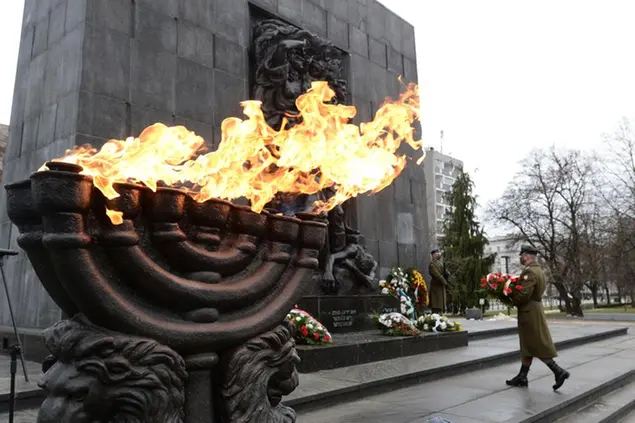- Il 9 febbraio, in Polonia, i due autori Barbara Engelking e Jan Grabowski del saggio storico Night Without End, sono stati condannati a scusarsi ufficialmente nei confronti 80enne Filomena Leszczynskaz.
- Filomena Leszczynskaz la nipote di Edward Malinowski sindaco del villaggio polacco Malinowo nel Nord-Est della Polonia accusato di aver fatto assassinare una ventina di ebrei.
- L’anziana signora ha intentato causa contro i due storici sostenendo che, a differenza di quanto scritto nei libri dei due storici, il nonno era innocente.
Così la politica vuole riscrivere la storia della Shoah in Polonia

10 febbraio 2021 • 11:44Aggiornato, 18 febbraio 2021 • 18:15